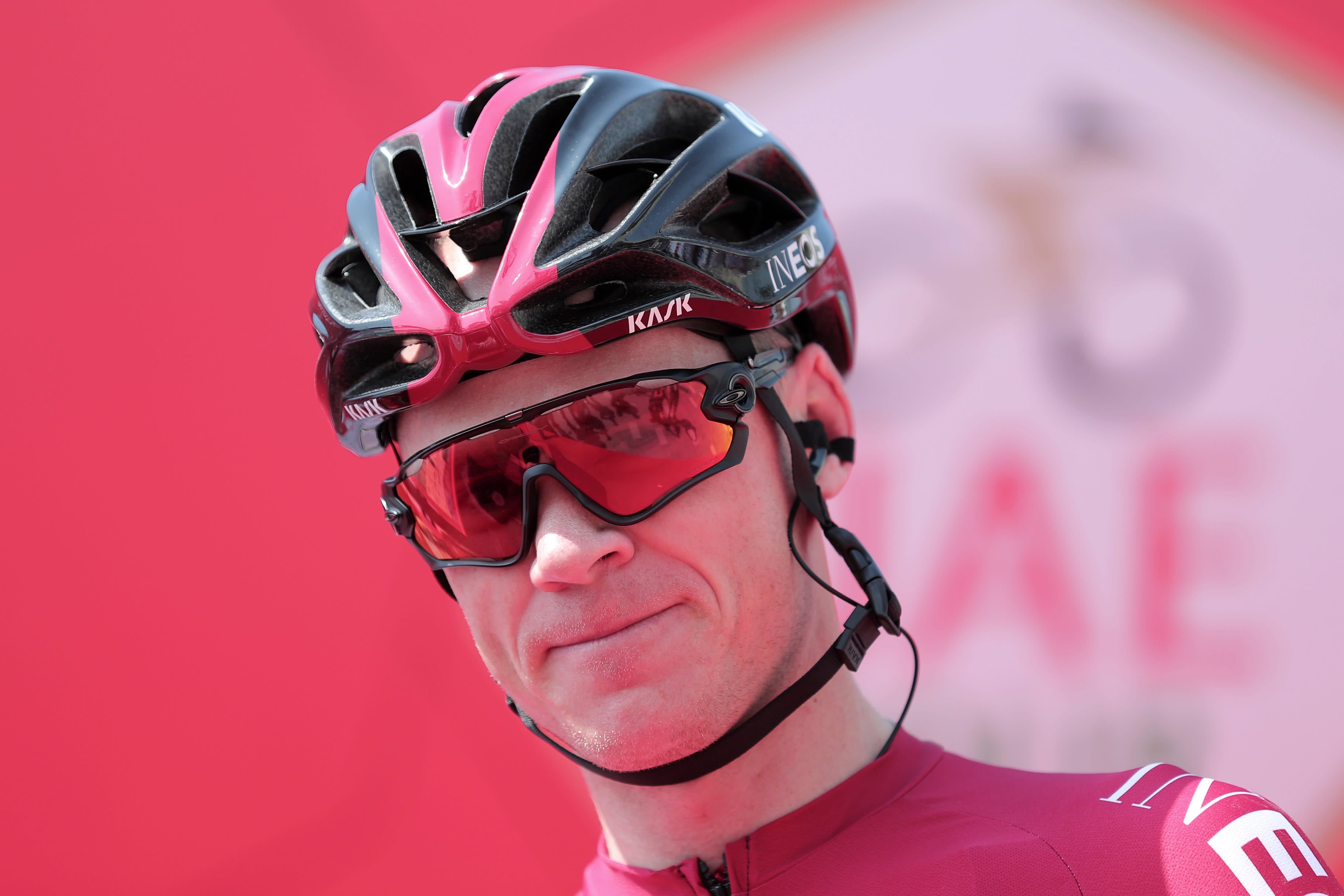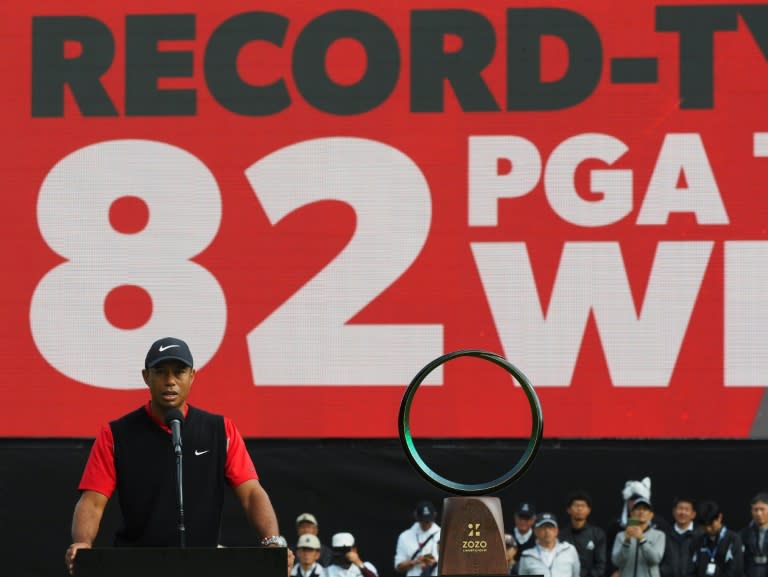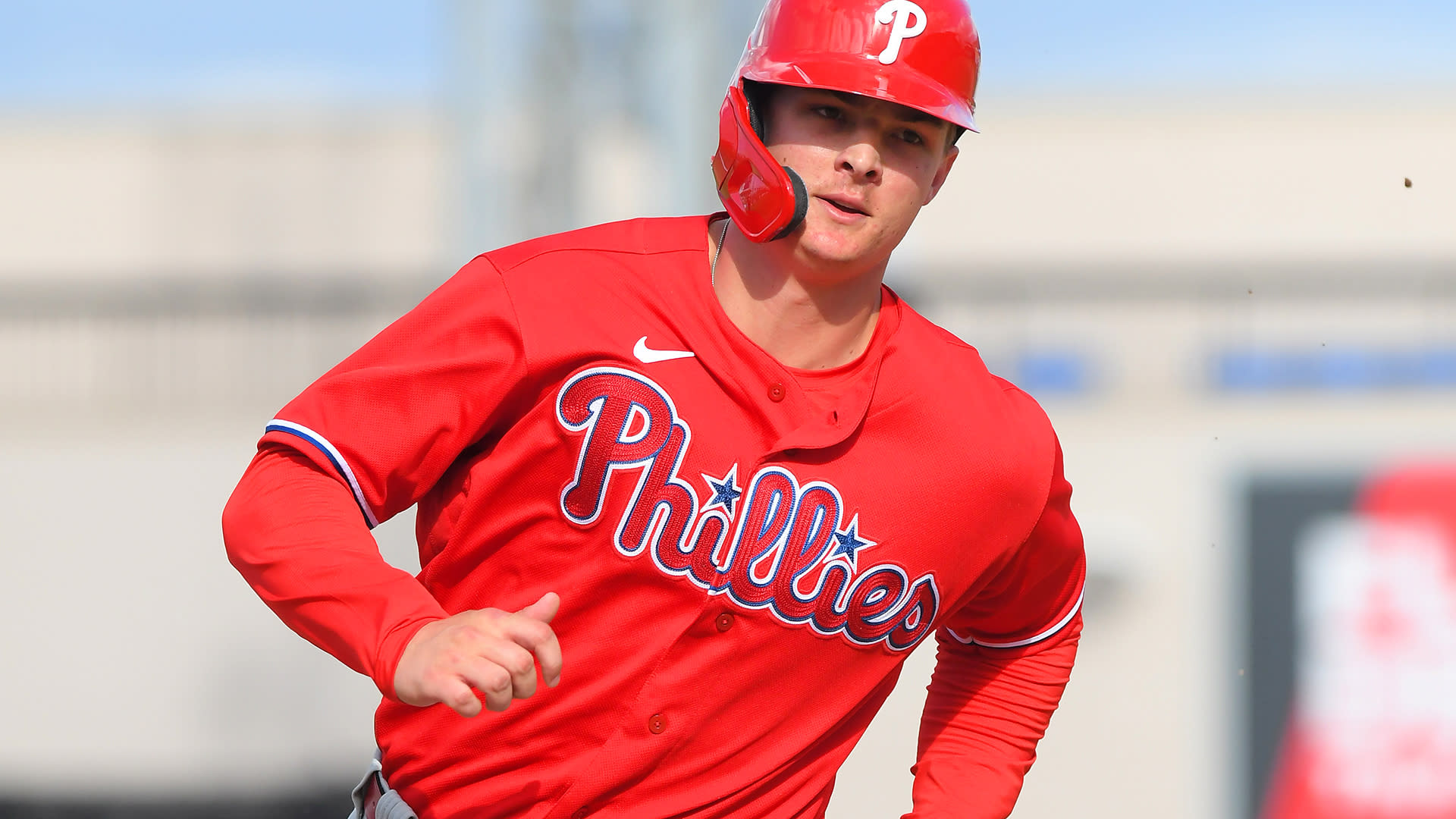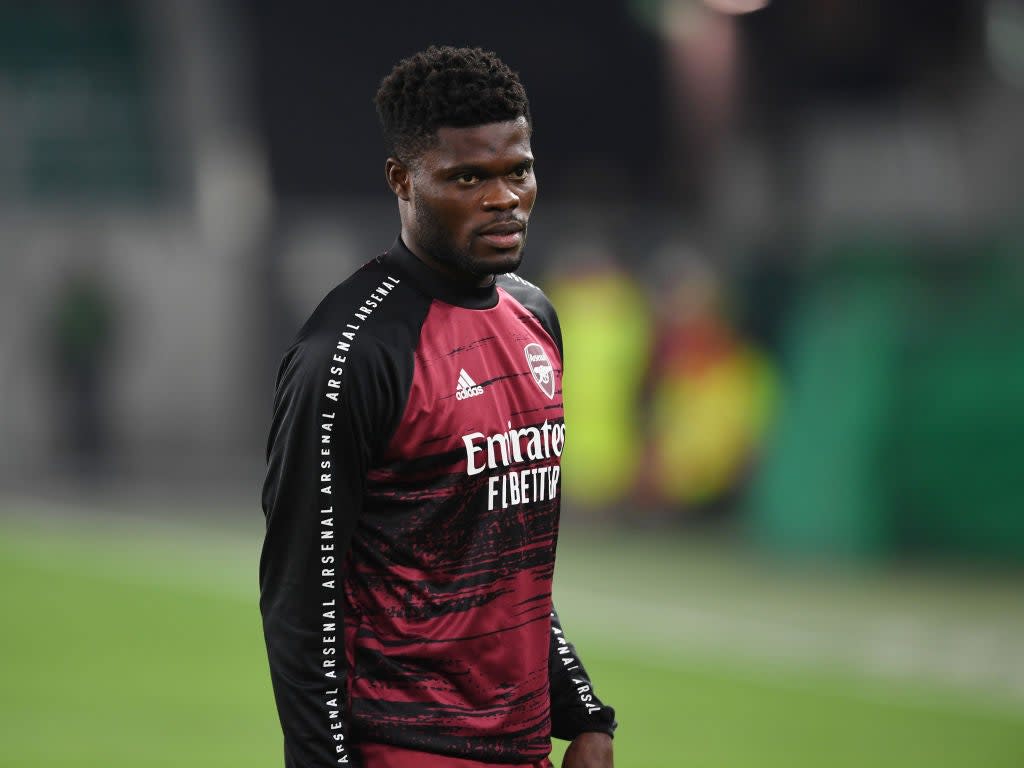Back in spring, the Canadian-Israeli billionaire Sylvan Adams was scrolling through the cycling news when his sizeable eyebrows were raised by an interview with Chris Froome. Froome, it said, was unsettled at Team Ineos and was considering his future. Adams wasted no time and over the course of several Zoom chats between Canada and Monaco, the charismatic businessman began persuading Froome to leave Ineos and join his relatively callow team, Israel Start-Up Nation, in their ambitious bid to win the Tour de France.
For Adams the appeal of luring Froome was obvious. Even in the autumn of his career recovering from serious injury – Adams asked for Froome’s power data to prove he was on track – this was a four-time Tour de France champion with a burning desire to win No 5 who could transform ISN into somebodies overnight. More pertinent was to wonder what exactly Froome saw in the unproven ISN.
At this point that old Mrs Merton joke springs to mind. So Chris, what was it that first attracted you to the billionaire Sylvan Adams? But, according to the team owner, Froome’s bargaining position was less to do with money and more about ambition. “He asked us a lot of different questions, technical questions, equipment questions,” Adams tells The Independent. “Chris is a perfectionist. He is extremely professional. He asked so much. He wanted to know how much input he could have in terms of race strategy and the teammates who’d support him in his quest. And I guess he liked what he heard.”
Froome demanded a team around him capable of winning a Grand Tour from domestiques to soigneurs, and Adams certainly tried to deliver, embarking on a spending spree Roman Abramovich would be proud of. Among his recruits were the experienced South African Daryl Impey, signed as road captain; the Canadian Michael Woods to be Froome’s protector in the mountains; the well-rounded talents of Sep Vanmarcke, Carl Fredrik Hagen and Patrick Bevan; and the highly respected Belgian coach Rik Verbrugghe.
And of course it went without saying that Froome would have the guarantee of becoming the team’s out-and-out leader. Froome had been put out by what he perceived to be an unnecessary bullishness on the part of Egan Bernal, his Colombian teammate at Ineos, who told a Spanish television show in March he desired to be leader ahead of Froome and Geraint Thomas. “He’s never been somebody who enjoys racing against his teammates,” says Adams, “and that’s the way they set it up between the three [Tour de France] winners: may the best man win. Chris prefers an atmosphere where the leader is established.”
Will Froome write history with ISN, joining an elite band of riders to win five yellow jerseys? Or will he fade into the background, the fulcrum of an overambitious plan which underestimates the complexity of building a team to conquer a Grand Tour? Time will tell but much will depend on Froome himself and whether his body can compete with the sport’s rising stars, like this year’s 22-year-old Tour winner Tadej Pogacar, in what is increasingly becoming a young man’s game. We will find out more about Froome’s condition over the coming days in his valedictory race for Ineos and Sir Dave Brailsford at the Vuelta a Espana, where he has played down expectations.
Adams insists Froome and ISN is “a marriage made in heaven”. He first met Froome at the start of the 2018 d’Italia, a race which the 61-year-old himself helped bring to Israel for a groundbreaking opening three days. That is noteworthy because it points to another reason Adams was enticed by the prospect of signing Froome and his two overarching motives: to promote his beloved sport of cycling in Israel, and in turn to project a positive image of Israel to the world.
“Cycling is the fastest growing sport in Israel right now,” Adams enthuses. “That has been boosted both by having this team as well bringing the Giro to Israel for the Grand Partenza in 2018. Having the best riders in the world riding past people’s homes certainly got parents to think about buying bikes for their kids. We’re taking a page out of British cycling. Following the construction of the national cycling center in Manchester that was the beginning of how Great Britain took over and became the dominant force in the cycling world today with multiple Olympic champions both on track and road, and we’re hoping that we build up a grassroots support for the sport in Israel [in the same way].
“The flip side of that is yes, the team does act in an ambassadorial role. The team is there to project tiny Israel on to the world stage. The Tour de France has 3.5 billion viewers, making it the third most watched event in the world after the Olympic Games and the World Cup of soccer, so we’re riding in our blue and white colors, we have the name Israel emblazoned on the front of the jersey and the riders know that. We have a separate training camp every year where we show them the country, we take them through all the sites. We have great terrain and a great cycling culture. And I guess this is a way of projecting Israel in a different light than we are normally covered by the media and the notion that we are just in a conflict zone.”
This, then, is Froome’s new role: part cyclist, part ambassador for the nation of Israel. Adams has wooed other famous sporting stars to the Middle East, including Lionel Messi and the Argentina national team who played a friendly against Uruguay in Tel Aviv in 2019, and he sees his latest coup in a similar light.
“I think Froome is the Leo Messi of the sport of cycling,” says Adams. “The most decorated and the most brilliant competitor of his era. If he’s able to win another Tour that will put him in the discussion for being perhaps the greatest cyclist of all time, so I think there’s a parallel. I think that Chris will bring the sport and the country a lot of great attention. If we are successful – and I am very, very confident we will be – I think this will be transformative for the sport in Israel, and for the image of Israel.”








